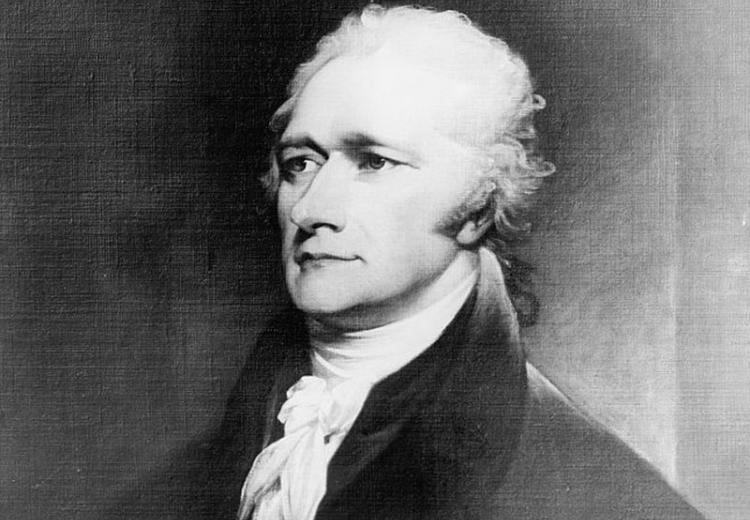Lesson 2: The Federalist Defense of Diversity and "Extending the Sphere"

Alexander Hamilton was pro-Federalist, and authored a number of the papers.
As Americans considered whether to adopt the Constitution proposed by the Convention in 1787, one of the central issues had to do with the large nation or republic that would be created. Many Anti-federalists, such as Brutus and Centinel, believed that in such a vast nation, the central government must rule by strength and force to ensure that the laws are enforced everywhere. Such a government, they argued, would likely be beyond the control of the people, abuse its powers, and become a tyranny that would deprive the citizens of their rights and liberty. Furthermore, Anti-federalists argued, such a large republic would necessarily involve a multitude of diverse interests and occupations, which would prevent the kind of unity among citizens from north, south, east, and west that ought to exist in every nation. The task of refuting these powerful arguments and defending the proposed Constitution fell mainly to Alexander Hamilton and James Madison, writing as Publius in The Federalist papers. Madison—especially in his famous Federalist No. 10—argued that the great danger in republics is not simply that those in government will abuse their powers; rather, the will of the majority must ultimately prevail, and in a popular government the majority may use the power of the vote to elect representatives willing to pass laws depriving the minority of their rights. Contrary to the arguments of Anti-federalists, Madison argued that multiplying the diversity of interests in a large republic is the key to breaking these dangerous majority factions. How the extended republic would control factions—with the aid of separation of powers and checks and balances in government—is the focus of this lesson.
Guiding Questions
Was James Madison correct when he claimed that a republican government over an extended territory was necessary to both preserve the Union and secure the rights of citizens?
Learning Objectives
Analyze the arguments forwarded by the Federalists and contrast them with eh Anti-Federalists.
Evaluate the argument of the Federalists that faction—especially majority faction—is dangerous to popular forms of government.
Evaluate the Federalist argument about the beneficial effects of a large republic by multiplying the number of diverse interests within the United States.
Evaluate the difference between a “pure democracy” and a representative republic.
